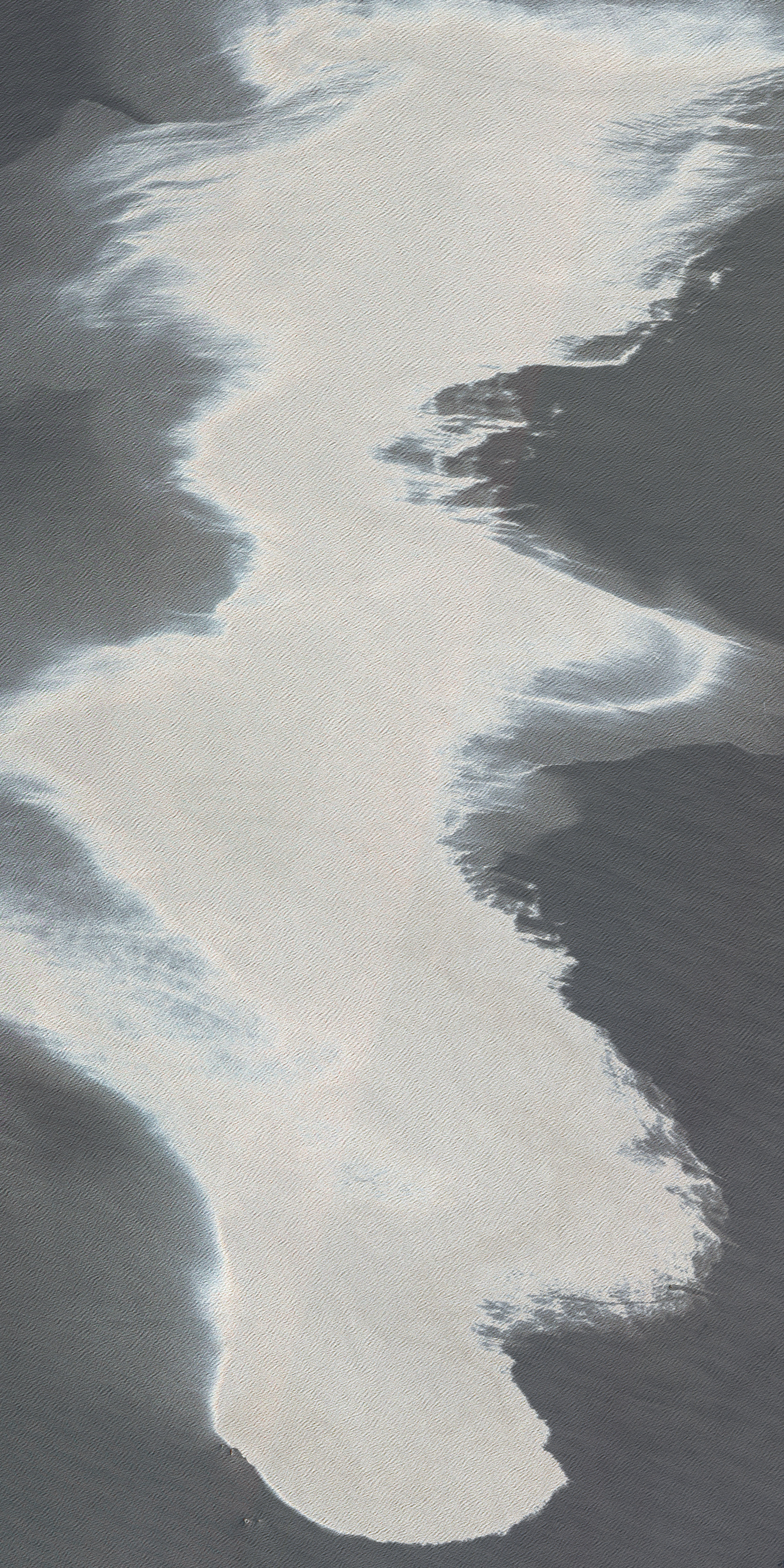
Researchers from the College of Pharmacology at Oregon State University (OSU), Nanjing Agricultural University and Xi’an University of Architecture and Engineeering (the latter two in China) have isolated a bacteria strain that is amazingly effective in degrading polycyclic aromatic hydrocarbons, or PAHs.
PAHs are pernicious environmental toxins found in, to cite one example, enormous oil spills. They can cause a myriad of ill effects, ranging from cancer to reproductive and nervous system problems. There are microorganisms that can degrade PAHs, however, the PAHs must first be broken into smaller, soluble particles.
One way to help the bacterial cleanup crew is to use surfactants, also known as ‘wetting agents’ because they lower the surface tension of liquids. These agents increase the solubility and bioavailability of PAHs, which in turn allows microorganisms to degrade them. Synthetic surfactants are commonly made of petroleum and can be toxic. In contrast, biological surfactants are generally biodegradable and non-toxic.
One particular type of biological surfactant called ‘rhamnolipids’ is especially effective in degrading PAHs. Although rhamnolipids are made by many organisms, including a common bacteria called Pseudomonas aeruginosa, most of those organisms can only make it in miniscule amounts.
Enter Xihou Yin of OSU and the other researchers, who have successfully isolated a strain of P. aeruginosa from Shaanxi Province in China that can produce large amounts of 25 different rhamnolipids. With a little genetic engineering the team have increased that production rate to an extraordinary twelve grams of rhamnolipids per liter of bacteria. So far, the strain NY3 has shown tremendous promise in degrading at least five PAH compounds. The researchers plan to continue to test NY3 and hope to begin using it remove environmental pollutants.
Above: Aerial view of oil spill from Deepwater Horizon. The tiny little dot at the bottom left edge of the spill is a ship.
No comments:
Post a Comment